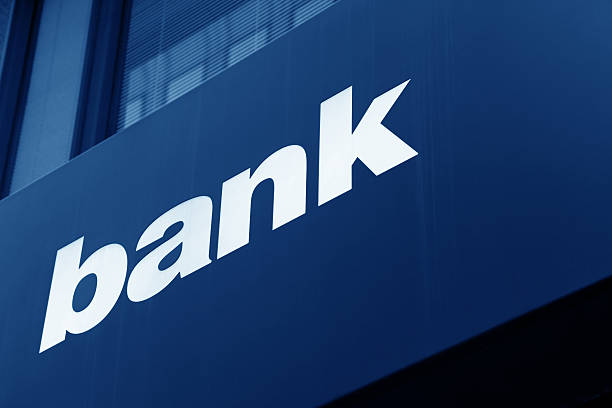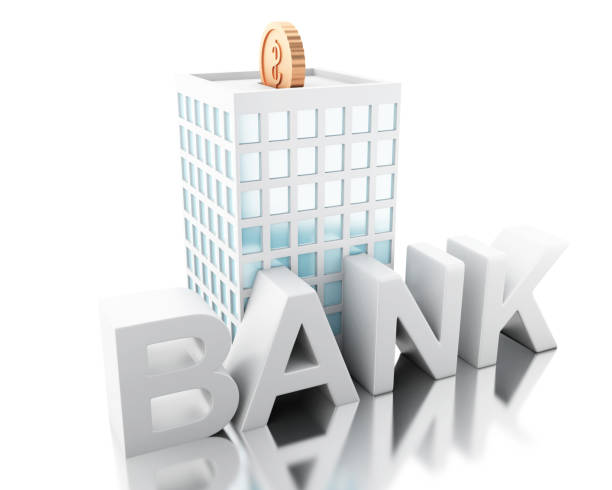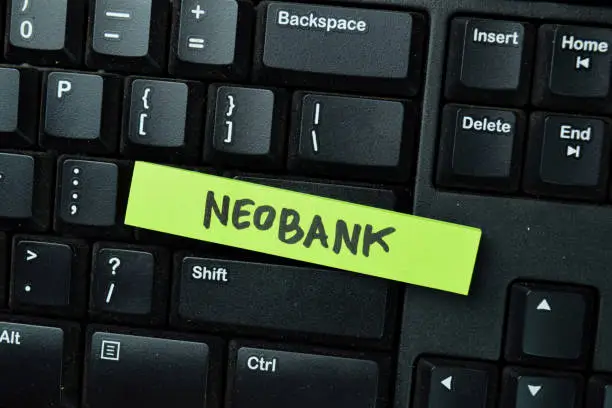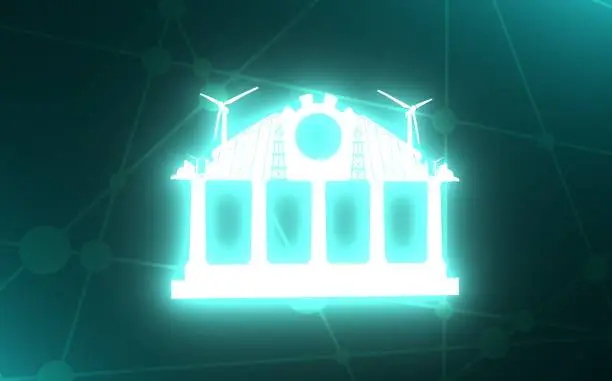Supply chain management is one area where blockchain computing has enormous potential and is transforming industries all over the world. Blockchain is changing the way that items are tracked, validated, and delivered because of its capacity to increase productivity, improve safety, and give openness. This article will examine the use of blockchain technology in distribution networks and the advantages it offers to both consumers and enterprises.

Understanding Blockchain in the supply chain context
Blockchain is a decentralized, unchangeable electronic ledger that safely and openly logs transactions. It acts as a shared history of each stage a product goes through in the supply cord, from its point of origin to its ultimate destination. By guaranteeing that all parties involved have the availability of the same information, this system lowers mistakes and fosters trust.
Enhancing transparency across the supply chain
The absence of transparency is one of the main problems with handling supply chains. Manual documentation and compartmentalized datasets are common components of traditional infrastructure, which can result in inaccuracies and inefficiencies. By giving all users access to current information, blockchain creates a single point of truth. For instance, a shop may verify the reliability and excellence of a product by tracking it back to its origin.
Improving supply chain security
Supply networks are susceptible to vandalism, fraud, and forgery. Because it is almost hard to change or remove entries once they are entered into the ledger, the distributed ledger improves security. This guarantees that every transaction is impermeable and verifiable. Blockchain technology, for example, may be used by luxury goods producers to confirm the legitimacy of their items, safeguarding both their clients and their brands.
Streamlining operations with automation
Smart agreements, which are automatic arrangements with predetermined rules, are made possible by blockchain technology. Payments and inventory control are only two of the supply chain operations that these contracts may automate. To cut down on delays and manual involvement, a supplier may be paid instantly when products are delivered and validated on the blockchain.
Reducing costs and increasing efficiency
Customers and companies may incur higher expenses as a result of supply chain shortcomings. Blockchain reduces managerial costs and expedites procedures by digitizing documents and eliminating the need for middlemen. For instance, shipping businesses may save both cash and time by using blockchain technology to expedite customs processing.
Addressing ethical and sustainability concerns
Customers are calling for more openness on the moral and ecological effects of the goods they buy. Cryptography enables companies to share comprehensive data about their manufacturing and procurement procedures. To gain customers’ trust, coffee makers, for example, might utilize blockchain technology to demonstrate that their beans come from fair-trade initiatives sources.
Real-world applications of Blockchain in supply chains
Blockchain is already being used by several businesses to enhance their supply networks. For instance, Walmart tracks food items using blockchain technology, which speeds up recalls and enhances food security. Similarly, to cut down on documentation and delays, the multinational shipping behemoth Maersk has teamed up with IBM to create a blockchain-enabled cargo monitoring technology.
Challenges in implementing Blockchain
Blockchain implementation in distribution networks is not without difficulties, notwithstanding its benefits. Obstacles may include a high cost of execution technological complexity, and the requirement for stakeholder participation. Furthermore, significant preparation and experience are needed to integrate blockchain with current systems. These difficulties should, however, lessen as technology advances and becomes more widely available.
The future of Blockchain in supply chain
The influence of the blockchain system on distribution networks will only increase as it develops further. Its capabilities should be further enhanced by emerging advancements like artificial intelligence (AI) and its connection with the Internet of Things (IoT). To improve accuracy and accountability, IoT devices, for example, may seamlessly update blockchain databases with current information such as position or temperature.
Supply chains are changing as a result of blockchain’s emphasis on efficiency, security, and openness. Although there are still obstacles to overcome, there is no denying the ability to completely transform the tracking and management of commodities. Distribution networks will become more dependable, viable, and customer-oriented as more companies employ blockchain technology, which will be advantageous to all parties.
You may also find these articles helpful
The most interesting fintech startups
Best ways to transfer money from Canada to Nigeria
Best ways to transfer funds from Canada to Africa





